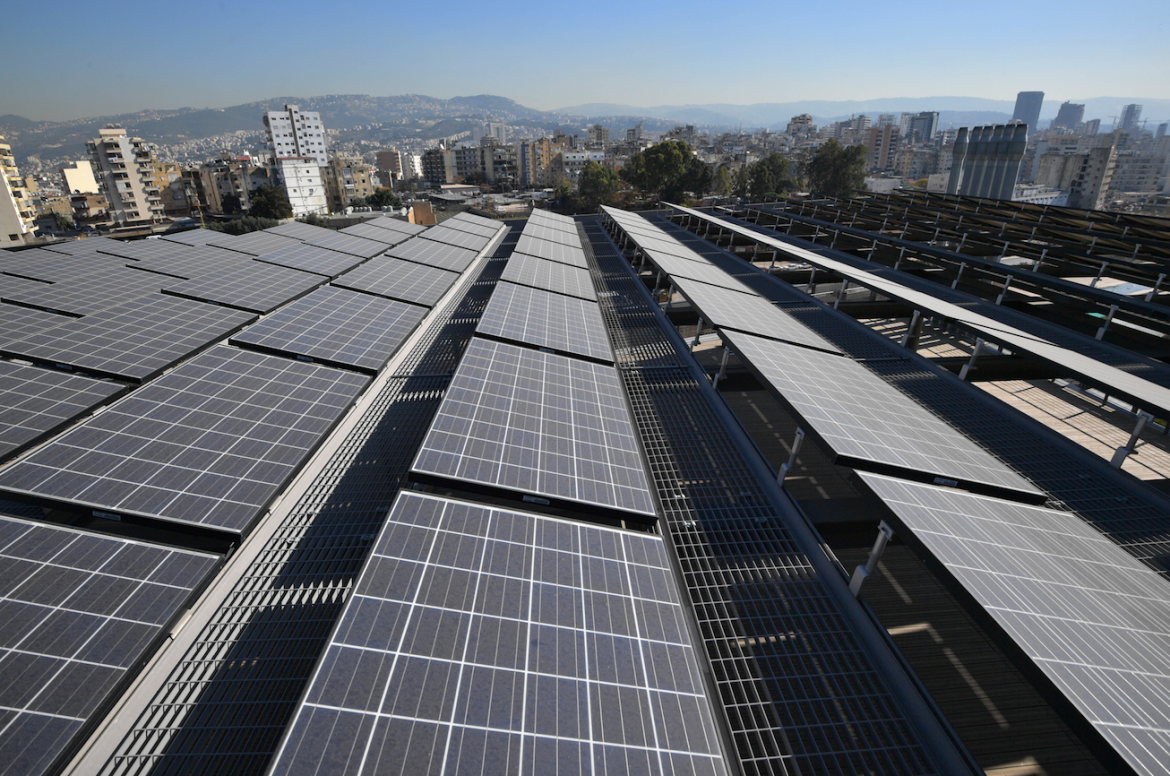Frantically seeking energy for peace and growth
written by Executive Editors
Executive Editors
Executive Editors are the collective voice of the magazine. Stories written by Executive Editors are the culmination of discussions, brainstorming, research and information-gathering by our editorial team. Over decades, our editorial team has applied a blend of seasoned expertise and a discerning eye to bring you insightful and engaging and substantive reads that eschew sensationalism.

